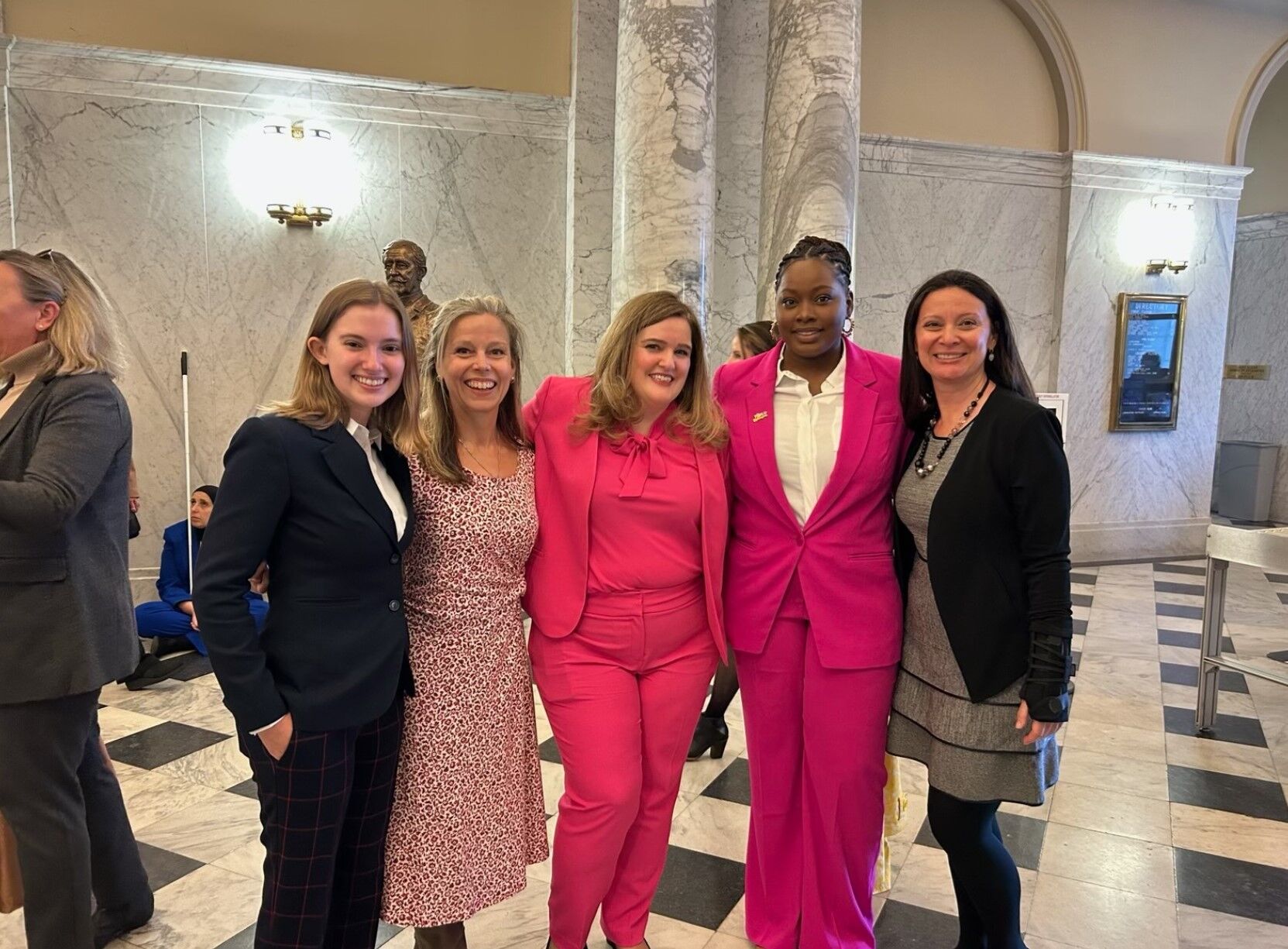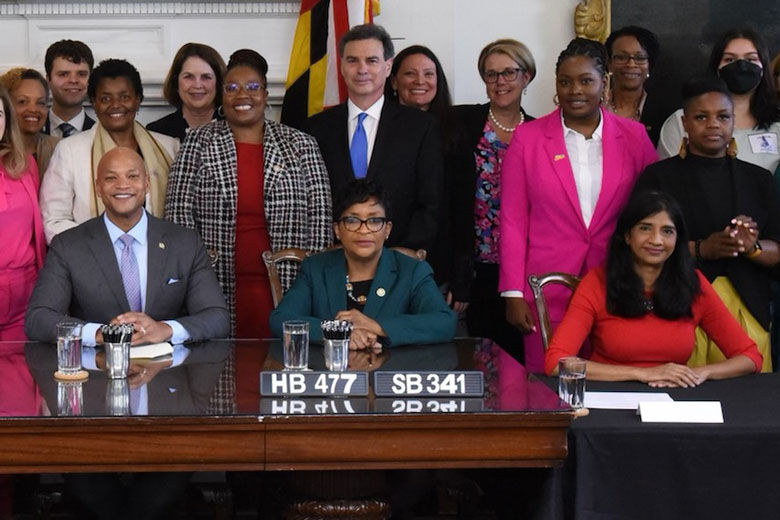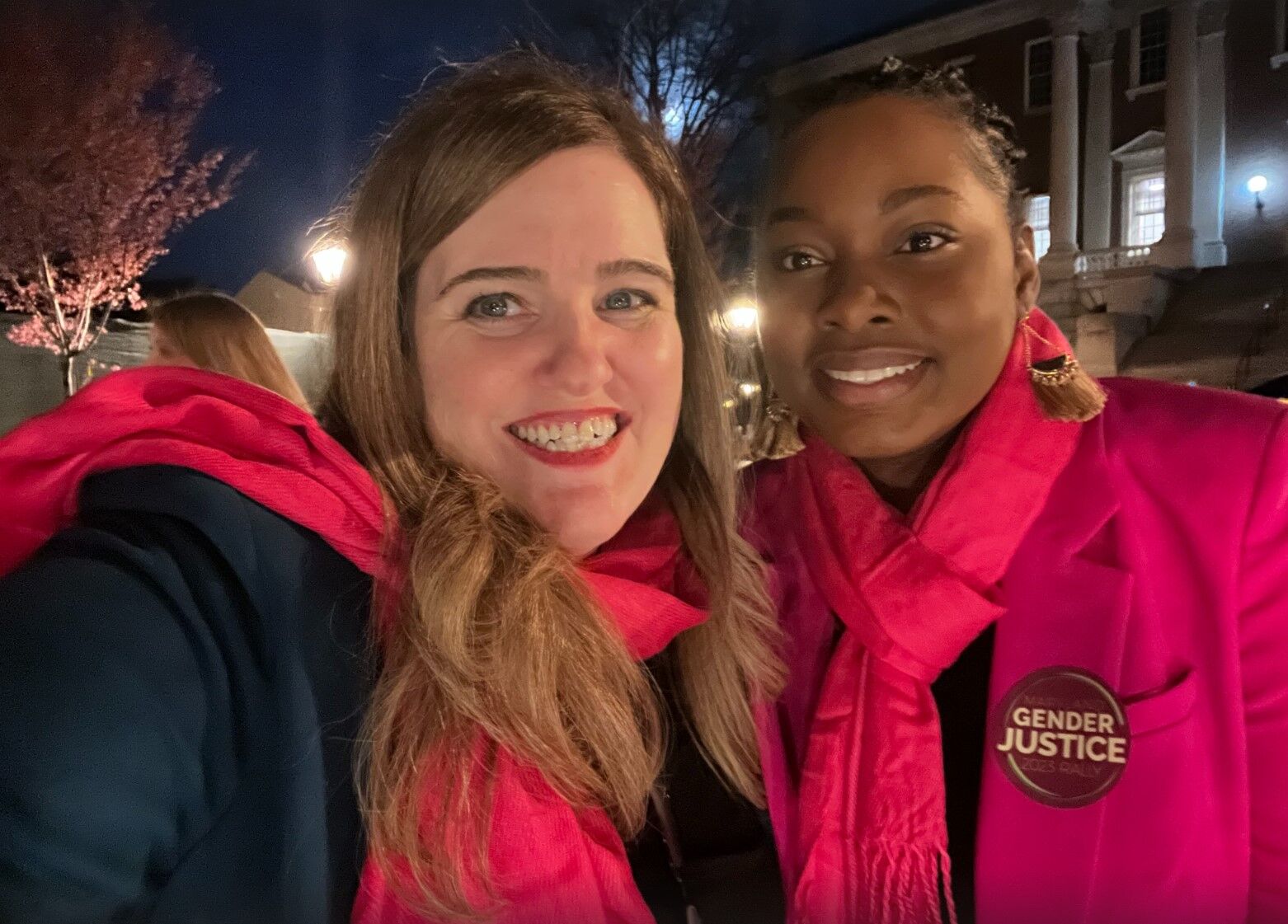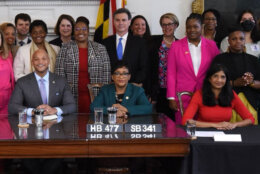





A graduate student’s class project got a real-world application and was turned into state law that will go into effect starting July 1 across University System of Maryland schools.
Bowie State University student Jakeya Johnson needed to come up with a “policy solution to a public problem” for an assignment in her graduate program in public administration and policy.
In recent years, Johnson has become a staunch advocate for reproductive rights and freedoms, so that’s where she turned.
“I had looked at what type of reproductive services were available on campus, and I noticed there just weren’t many things that students could get on campus,” Johnson said.
She said, in some cases, students would have to travel more than an hour and a half to referred facilities that were difficult to schedule an appointment.
Expanding reproductive health care on the Bowie State campus became Johnson’s new mission.
“My thought was: the simplest thing to start with was just having access to emergency contraception on campus,” Johnson said.
She started with the idea of vending machines that carried the medicine, something state lawmakers have tried and failed to pass before. To make her idea into reality, Johnson reached out to Maryland Sen. Ariana Kelly around the time that Kelly was working on other reproductive rights legislation.
“She sent me just a cold call email,” Kelly said, before explaining that initially she believed trying anything beyond what had already been put together was viewed as simply too ambitious. But then, she and Johnson had a single conversation.
“And I knew right away that she was really, really purposeful and accomplished. She was going to make sure we had everything needed to pass this bill,” Kelly said.
The bill passed, and earlier this month, it was signed into law by Maryland Gov. Wes Moore.
“The end result was University System of Maryland schools were required to have 24-hour access to emergency contraception on college campuses,” Johnson said.
And it’s more than just round-the-clock access to emergency contraception, “but access to all types of reproductive health services,” Kelly said.
The law specifically says all Food and Drug Administration approved forms of over-the-counter contraception will be accessible on college campuses, which means later this summer, that could include common birth control medication.
“Working with Jakeya, she was leading,” said Kelly, adding that Johnson had worked “diligently doing really thoughtful research in order to make the case for the bill.”
Kelly said Johnson did the homework to make her dream a reality, “to make sure it was accomplishable and manageable.”
Johnson said the whole process taught her not just about policy, but also politics. She has one more class to take in the fall before she graduates with her second degree.
Johnson said she has heard from advocates from other states, who have reached out for advice and ideas.
“I feel like there’s still a lot of work that can be done, not just in the state, but across the country as a whole,” Johnson said.








